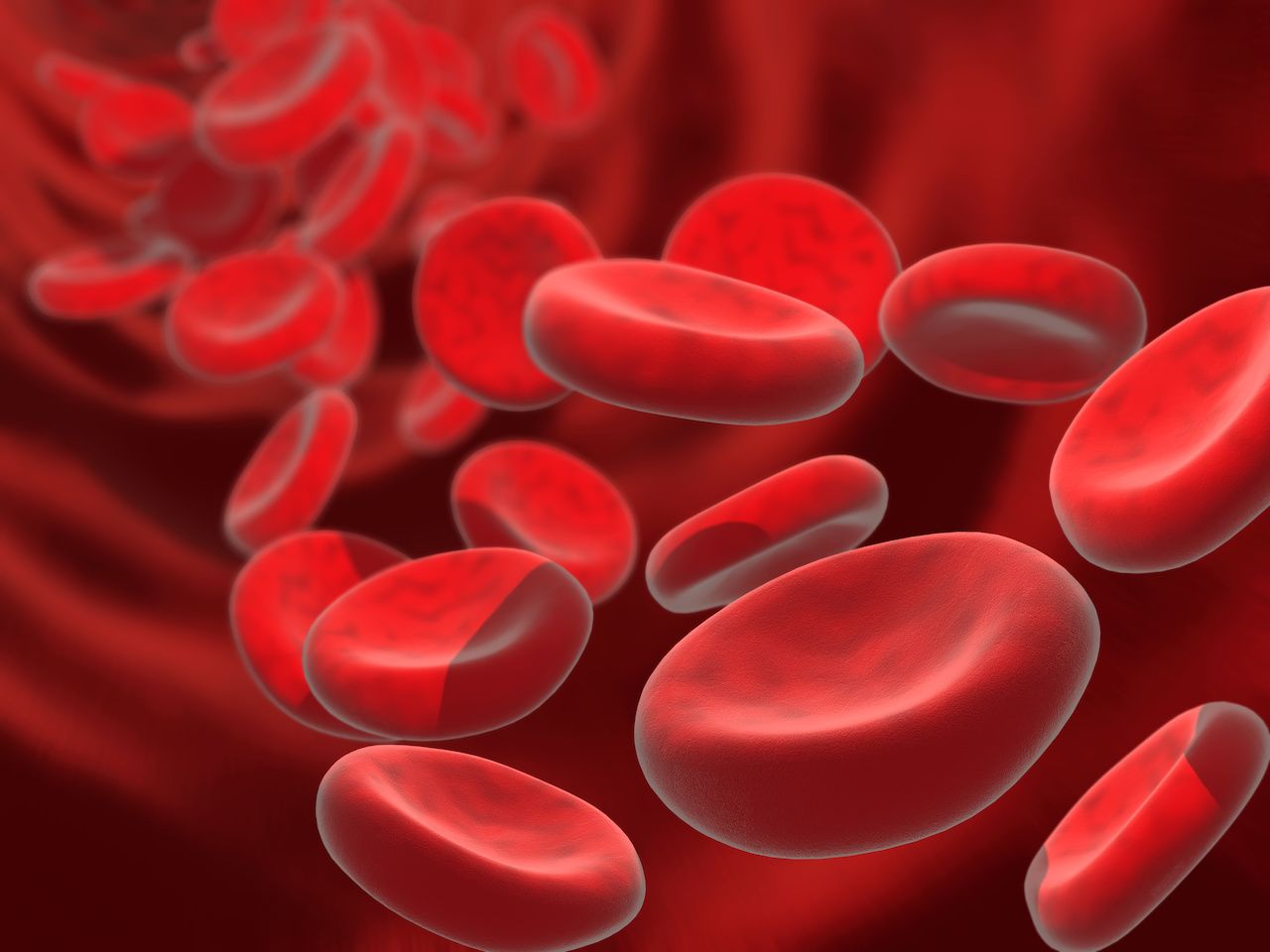Arthritis Drug Successful in Blood Cancer Treatment
Researchers report that in human cells, the small molecules that suppress human myeloproliferative neoplasm development are reduced with methotrexate treatment.

An arthritis drug is a cheaper and effective alternative for blood cancer sufferers, according to findings published in Plos One.
Researchers from the University of Sheffield in the UK used cells from fruit flies in order to test for molecules that suppress the signaling pathway that is important for the development of human myeloproliferative neoplasms (MPNs). The MPNs can cause an overproduction of blood cells and can impact quality of life including symptoms like night sweats, itching, and tiredness. They are typically diagnosed in patients aged 50 or 60 years and treated with aspirin, the removal of excess blood, and/ or mild chemotherapy. The researchers added that the drug Ruxolitinib was developed to provide relief, but costs approximately $61,000 annually per patient.
However, the researchers found that the rheumatoid arthritis drug methotrexate can have the same effect. Methotrexate is used to treat RA, Crohn’s disease, and psoriasis and has few side effects, the authors noted. It can also be used in higher doses for some cancer treatments, and the side effects in those cases are similar to the side effects seen from chemotherapy.
The researchers found that in human cells, the small molecules that suppress MPN development were reduced with methotrexate treatment.
“Given that a year’s course of low-dose methotrexate costs around £30 [about $50], the potential to repurpose methotrexate could provide thousands of patients with a much needed treatment option and also generate substantial savings for health care systems,” study author Martin Zeidler explained in a press release. “Because methotrexate is a World Health Organization ‘Essential Medicine,’ this also means that this well understood drug could be used throughout the developing world.”
In the future, the study researchers would like to undertake clinical trials to explore the possibility of repurposing low doses of methotrexate for MPN treatment. Zeidler continued by adding that the study group has the potential to revolutionize the treatment of chronic diseases like MPN. This is especially important, he continued, because it will provide relief for patients and health funders.
“Finding new uses for existing drugs is a great way to speed up improvements in treatment, as these drugs will have previously been through safety tests,” added Nell Barrie, senior science information manager at Cancer Research UK. “Methotrexate is already used as a chemotherapy drug for several types of cancer, and this early research shows that at much lower doses it could have the potential to help treat certain blood disorders.”